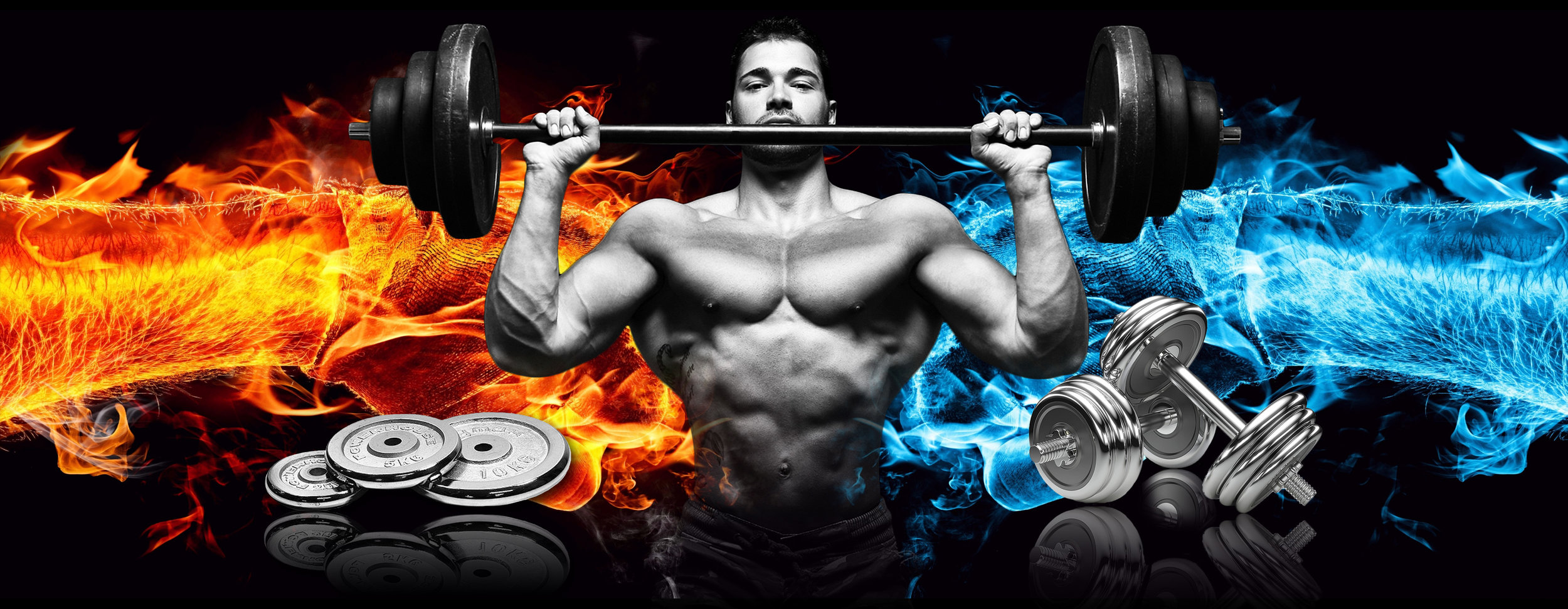Reverse Grip, Bottoms Up, Trap Bar Press For Chest Strength and Size
Dr. Joel Seedman, Ph.D.
Here’s a subtle modification of the trap bar chest press (floor press variation) that incorporates a reverse grip bottoms-up protocol by flipping the trap bar upside down. And yes, these are quite advanced. In fact, before you attempt these reverse grip bottoms-up trap bar chest presses I highly recommend having a high efficiency of movement on traditional horizontal presses as well as a competent spotter in case the bar begins to flip or twist in your hands. In addition begin with very light loads. Use commonsense and respect the difficulty of this movement as it’s quite challenging.
Here are several of my NFL athletes demonstrating it including Lawrence Virgil, Bryce Jones, and Tarik Cook. Trap bar chest presses are some of my favorite horizontal pressing variations not only for improving pressing strength but also for enhancing upper body mechanics and technique. Most individuals perform these with the traditional handles (the handles that sit in line with the bar) however I’ve found that using the opposite handles (the handles that sit below the bar) essentially turn the trap bar press into a reverse grip bottoms-up variation.
In fact the movement feels very similar to traditional bottoms-up presses as even the slightest deviation destabilizes the trap bar making it feel as though it’s going to rotate and twist out of your hands. With that in mind I’ve actually found this bottoms-up variation not only highly effective for improving upper body strength but also highly conducive for enhancing upper body pressing mechanics. These literally force the lifter to tuck the elbows and centrate/pack their shoulder joint into the optimal position as anything less will cause the bottoms-up trap bar to become uncontrollable.
In addition, the bottoms-up reverse grip trap bar chest press eliminates excessive momentum and cheating as it requires the lifter to use strict, rigid, and smooth mechanics. As a result this places enormous constant tension on the targeted musculature making it highly effective for building functional mass. However it’s also very conducive for taking strain off the joints and connective tissue not only because of the enhanced biomechanics these reinforce but also because of the decreased load the lifter will be required to handle.
Overhead Pressing Variations
The bottoms up trap bar protocol can also be applied to overhead presses as shown here by my awesome client Ben Laid. The half kneeling overhead press is one of my favorite shoulder pressing variations as it promotes increased core activation while also working the stabilizers of the core & hips. It also crushes the shoulders, upper back & triceps as the lifter is forced to use controlled technique and smooth mechanics to maintain balance and control during the lift.
Training Protocols
Once you grow accustomed to the movement, I typically recommend using 70-80% of what you would use on traditional pressing loads. In addition each rep will involve more time under tension due to the smooth and slower mechanics needed to control the movement. With this in mind I suggest using lower to moderate rep ranges of 4-8 reps per set.




















